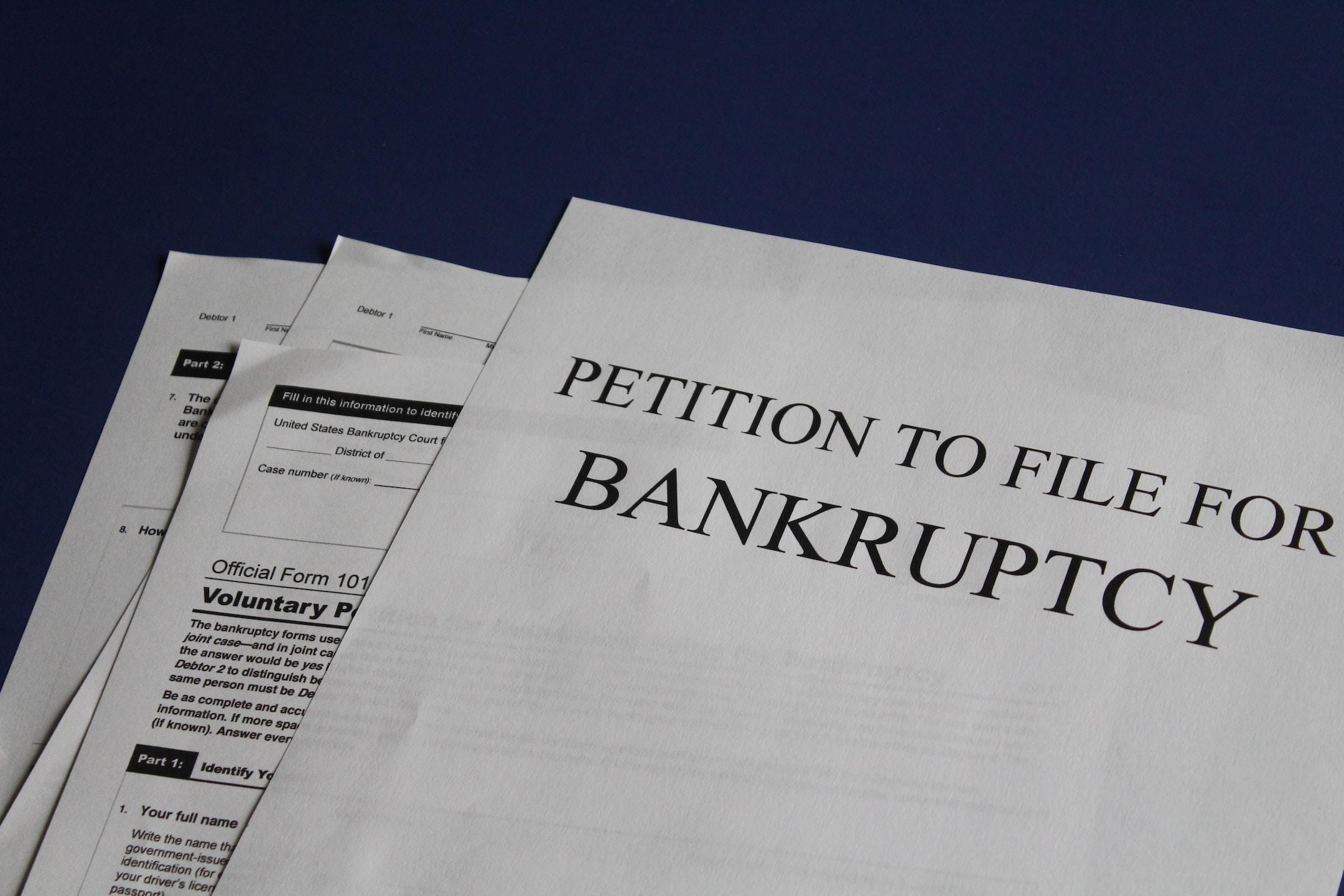
What to Expect in a Chapter 7 Bankruptcy
If you're overwhelmed by debt, filing for Chapter 7 bankruptcy can provide a fresh start. However, navigating the bankruptcy process can be complex and intimidating. At the Law Office of Mark A. Nelson, APC, we're here to help guide you through each step. With more than three decades of experience in the field, Attorney Mark A. Nelson has the expertise to help you navigate this often daunting process. In this article, we'll outline what to expect when filing for Chapter 7 bankruptcy in California.
Understanding Chapter 7 Bankruptcy
Chapter 7 bankruptcy, also known as "liquidation bankruptcy", allows individuals to eliminate most of their unsecured debts, such as credit card debt, medical bills, and personal loans. It's a powerful tool that can provide relief from overwhelming debt and restore financial stability1.
Qualifying for Chapter 7 Bankruptcy
Not everyone qualifies for Chapter 7 bankruptcy. To qualify, you must pass the "means test", which compares your income to the median income in California. If your income is below the median, you'll typically qualify for Chapter 7. If it's above the median, you may have to file for Chapter 13 bankruptcy instead.
The Bankruptcy Process
- Credit Counseling: Before filing for bankruptcy, you'll need to complete a credit counseling course from an approved provider. This course is designed to help you understand your financial situation and explore alternatives to bankruptcy.
- Filing the Bankruptcy Petition: The next step is to file a bankruptcy petition with the court. This includes detailed information about your income, debts, assets, and expenses.
- The Meeting of Creditors: After filing, you'll attend a "meeting of creditors", where the bankruptcy trustee and any interested creditors can ask you questions about your financial situation. This is typically a brief and straightforward meeting, and most creditors choose not to attend.
- Liquidation: If you have any non-exempt assets, the bankruptcy trustee may sell these assets to repay your creditors. However, in many Chapter 7 cases, all assets are exempt, and no assets are sold.
- Discharge: About 60 to 90 days after the meeting of creditors, most of your remaining debts will be discharged, or wiped out. This is the goal of the Chapter 7 bankruptcy process.
Life After Chapter 7 Bankruptcy
One of the biggest concerns people have about bankruptcy is how it will affect their credit. While it's true that bankruptcy will stay on your credit report for 10 years, many people find that they can start rebuilding their credit soon after their debts are discharged.Bankruptcy can provide a fresh start, free from the burden of overwhelming debt. But it's important to make smart financial decisions after bankruptcy to avoid falling back into debt.
Get Legal Help
Filing for bankruptcy is a complex process, and it's crucial to get the right legal help. With over 30 years of experience in the legal industry, Mark A. Nelson has helped countless clients navigate the bankruptcy process and achieve financial freedom. If you're considering bankruptcy, contact us today for a free consultation.